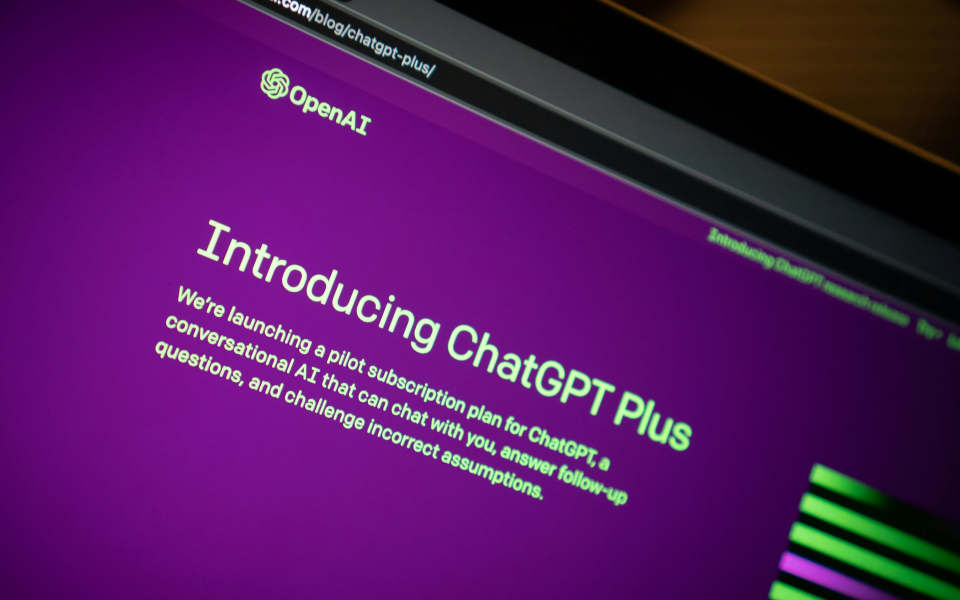Gary Marcus, a prominent AI expert, raised alarms about OpenAI CEO Sam Altman, who he says misled the public about his stance on AI regulation and his financial involvement in the company.
What Happened: Marcus, the founder of Geometric Intelligence and former head of Uber's
Recalling a Senate hearing from May 2023, Marcus said that while Altman "seemed genuine" about his stance on AI regulation, "Little by little, though, I realized that I, the Senate, and ultimately the American people, had probably been played."
Marcus pointed out Altman's indirect financial connections to OpenAI through his stake in Y Combinator, a startup incubator previously led by Altman, and Rain AI, a chip startup that secured a $51 million deal with OpenAI.
"If that indirect stake were worth just 0.1% of the company's value, which seems plausible, it would be worth nearly $100m," Marcus wrote.
Marcus also expressed concerns about Altman's commitment to safety and transparency at OpenAI. He referenced a 2023 Time magazine article that reported OpenAI's attempts to dilute the EU's AI Act by eliminating language that classified OpenAI's ChatGPT as "high risk."
He also highlighted issues with restrictive NDAs at OpenAI and allegations of Altman lying to the board. Marcus contended that generative AI tools like ChatGPT are "unlikely ever to be safe" and won't offer viable solutions in fields such as medicine or climate change.
"A lot is at stake. The way that AI develops now will have lasting consequences. Altman's choices could easily affect all of humanity - not just individual users - in lasting ways," Marcus warned.
OpenAI has yet to respond to Benzinga's queries.
Why It Matters: These allegations come in the wake of criticism from a Google
Furthermore, OpenAI has been expanding its lobbying efforts to shape AI regulations amid growing safety concerns. This also follows Altman's previous statements advocating for international regulation of AI to ensure safety, while also warning against regulatory overreach.










